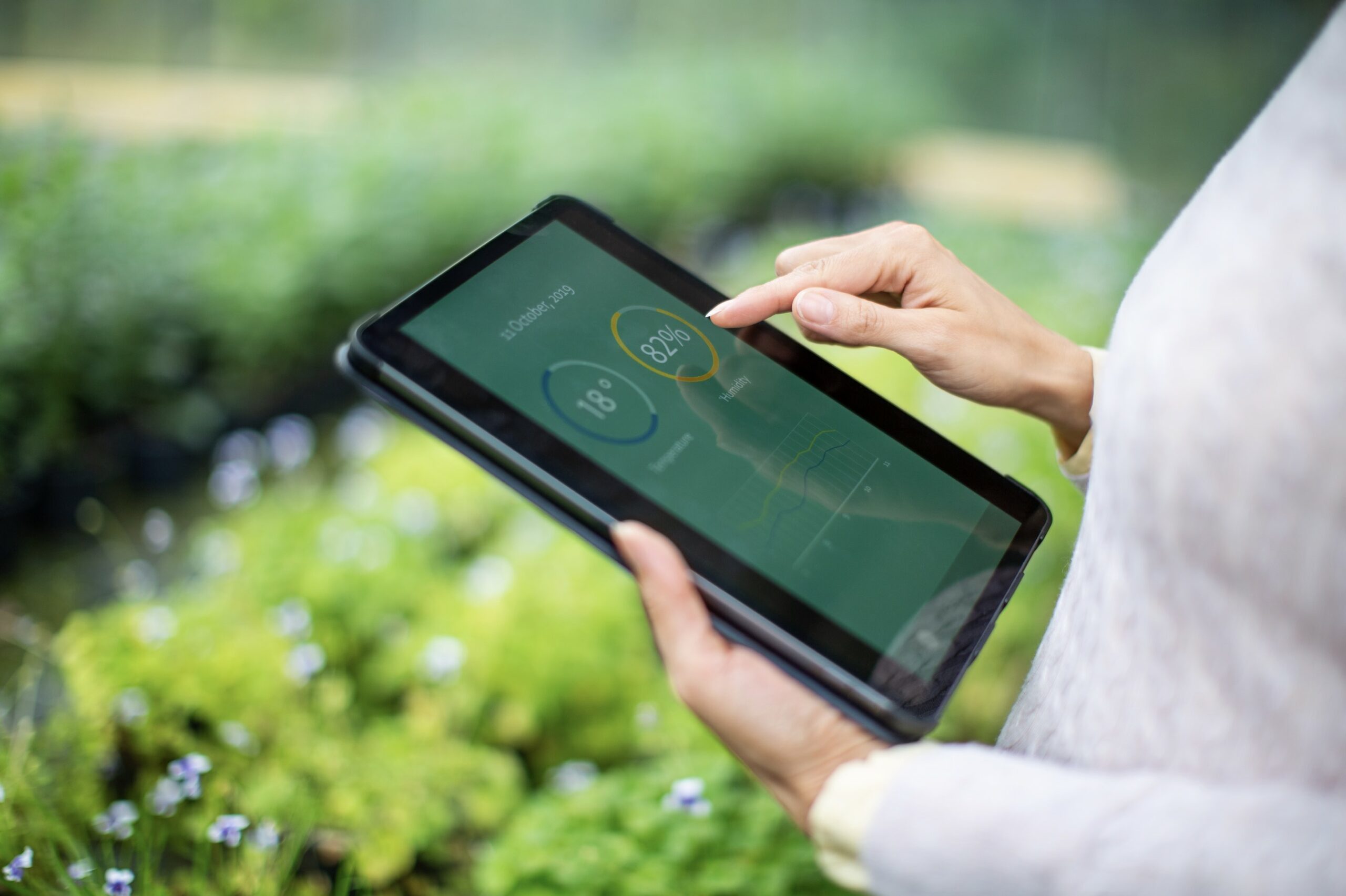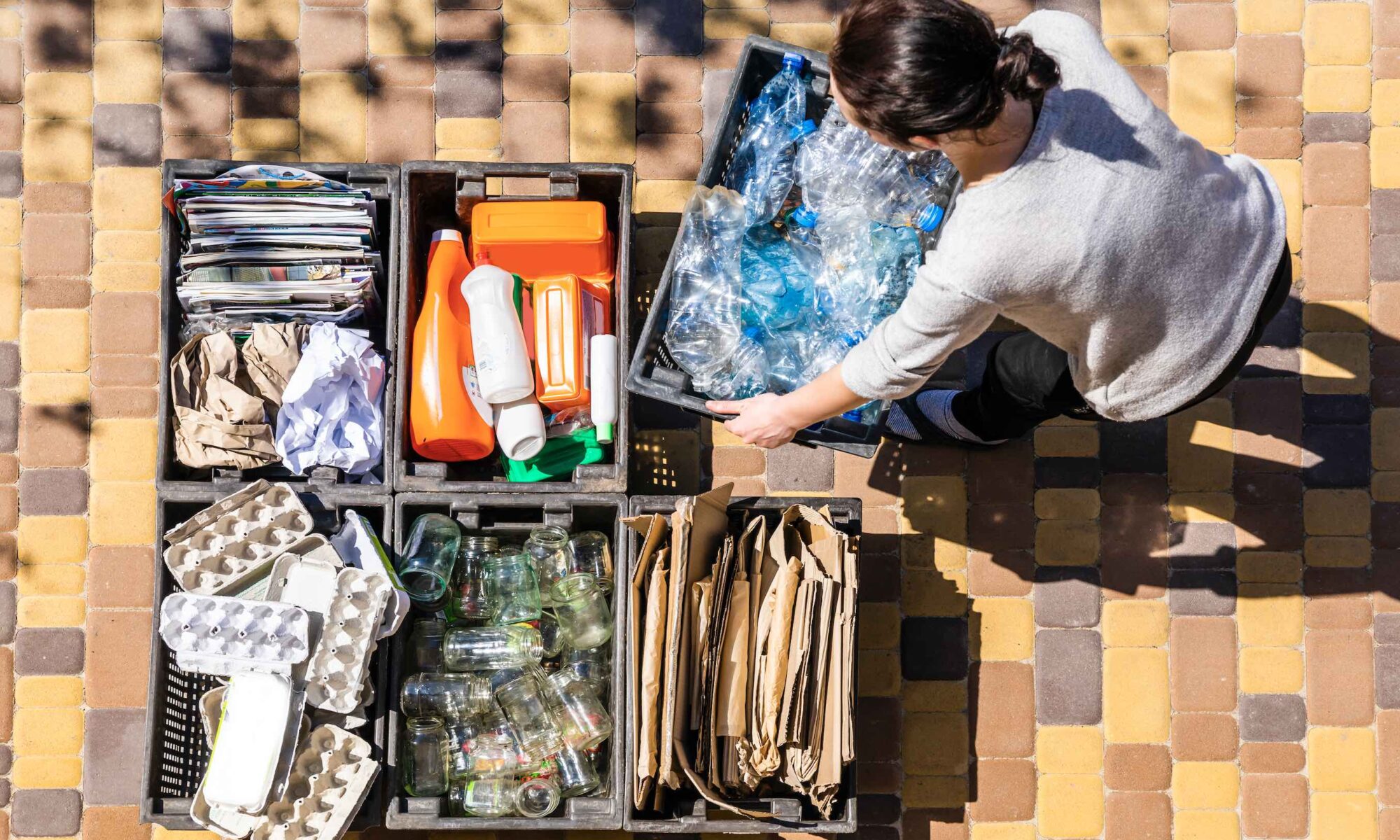Invest wisely and help save the planet
There’s no escaping environmental issues in today’s world. Yet we’ve found that various forms of cognitive bias stop us changing our habits and becoming more responsible consumers, in terms of both consumption and investment. This needs to change. We need to realise that every wisely invested euro – whether on the financial markets or in your household budget – helps save the planet.
In a previous article (What stops consumers from saving the planet?), we learnt about how cognitive dissonance stops us reconsidering our own consumption habits for the benefit of a global cause such as climate change. The same can be said of our investments on the financial markets. So, how do we change this?
When reputation dictates performance
At the supermarket, how do you make “green” choices? You choose products that are labelled organic, locally sourced or Fairtrade. The same should apply to investing. To make “green” investments, we need to go beyond the usual financial considerations to apply traceability principles and favour investments in products that score highly on environmental, social and governance criteria (ESG). myLIFE regularly highlights these topics in its “Ask the expert” articles.
The principle is fairly straightforward. But maybe you remain unconvinced that a small group of people can have a global impact, not least in finance. You’re wrong.
The World Economic Forum recently published a compelling article on this issue, which contained the following extract: “A recent research report in collaboration with CDP (formerly the Carbon Disclosure Project) identified the world’s 250 largest publicly-traded emitters – a group of businesses that, together with their value chains, account for approximately one third of global annual greenhouse gas emissions.
The fact that just 250 companies have the ability to influence almost 30% of all our emissions highlights what a difference a small group can make on a global scale.
This fact that just 250 companies have the ability to influence almost 30% of our entire annual global emissions is actually quite shocking. But it also highlights what a difference a small group can make.” Following the same logic, the investor community can play a central role by favouring ESG criteria when deciding where to invest their cash. Maybe you don’t find this type of investment credible or appealing, but it’s time to get over your preconceptions in this respect too.
In Luxembourg, private and institutional investors looking to focus on ESG criteria have a particularly wide range of investments to choose from. In launching the Luxembourg Green Exchange in 2016, the Luxembourg Stock Exchange became a pioneer, creating the world’s largest stock exchange platform for green finance. The institution publishes regular reports on green investments and ESG criteria, which anyone looking to follow a green strategy can use to inform their investment decisions.
Reputation and social responsibility pay dividends. Invest in ESG-focused portfolios and earn higher returns
Opting to invest even just a few euro in green solutions gives you the power to help in the fight to save the planet. And you’ll be better positioned to see your money grow in the long term, since ESG criteria are now a great indicator of the viability of a company and its business model. Reputation and social responsibility pay dividends: they’ve come to be a new social norm that boosts the attractiveness, sustainability and profitability of “green” companies.
In a 2019 report entitled “The Alpha and Beta of ESG investing”, experts from Amundi analysed the stock market performance of 1,700 companies on MSCI indices and cross-referenced the companies’ scores with their ESG performance. The results are telling, in both Europe and the USA. According to this Amundi study, investing in companies with higher ESG scores brings greater profit. But even more interesting is the fact that companies with low ESG scores tend to underperform and generate lower long-term returns for their shareholders. We are of course duty-bound to remind you that this study is based on past data and that, as usual, these data cannot predict future performance.
But it’s plain to see that with this type of investment you can earn money while making a tangible contribution to saving the planet.

ESG criteria for investments are not yet uniform and vary substantially according to the sources considered.
Which criteria should you use?
ESG criteria for investments are not yet entirely uniform and vary substantially according to the sources considered. With that in mind, we cannot overstate how important it is to speak to an expert for help with your ESG investment decisions. To simplify matters, here’s a list of some of the broad principles – which are generally complementary and used with one another – underlying this type of investment:
- focusing on the “best-in-class”, i.e. the greenest and best-performing companies in their field;
- systematically analysing ESG issues when selecting and building a portfolio (unlike the first principle, the portfolio does not necessarily reflect the best ESG scores), plus the usual analysis of the financials;
- choosing exclusion criteria, i.e. blacklisting the worst performers in terms of sustainability and social responsibility;
- joining initiatives at the source to influence companies, through shareholder and/or public engagement;
- applying the “Impact Investing” tactic, by favouring companies that commit to reinvesting their profits in projects that address social or environmental issues, or those that work with just one value chain with a high social or environmental value.
Beyond the financial world, you can also apply these five principles in your daily life. Even if investing in the stock market isn’t your thing, you now understand the mechanics of ESG and are perfectly placed to have a positive impact on the planet through your day-to-day behaviour and purchases.
Making green purchases
Let’s take insurance companies as an example. The best-in-class uses paperless communication and online solutions to avoid unnecessary travel. It offers virtual safes where you can store your documents electronically. Paperwork but without the paper – great for both the environment and security.
What about exclusion criteria? Does your morning coffee on the way to work come in a disposable cup? Did you know that in the UK, for example, people use and throw away 7 million paper cups every day? That’s the equivalent of 6.5 million trees cut down every year and enough energy to power 54,000 households. Several brands now offer a discount on their coffee if customers bring their own reusable cup. Why not give it a try? Besides the positive environmental impact, you might even be pleasantly surprised at just how much money you save by making these tiny changes to your consumption habits.
Lastly, let’s look at responsible consumption. Why not sit down as a family and do some research to see where you can make some adjustments when buying consumer goods? Many large brands sell products made from recycled materials, while others donate some of their profits to social or environmental projects. In an effort to do away with built-in obsolescence, some brands are even developing consumer durables. Take a look at your monthly budget and draw up an ESG report. What changes can you make?
Speaking to an expert in responsible investments and coming up with our own ESG criteria for our household purchases could form the foundation for incorporating the environmental impact of our choices into everyday life. And you could save money in the process, or even make a healthy profit. You have the power to effect change. Use it!


 Mortgage
Mortgage Personal loan
Personal loan Savings
Savings